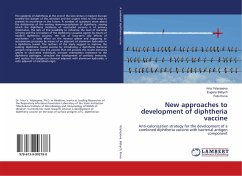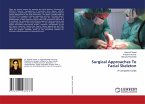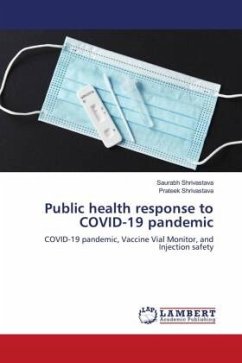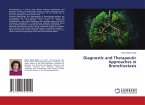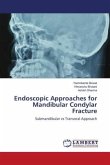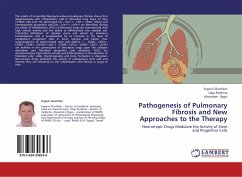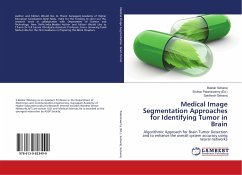The epidemic of diphtheria at the end of the last century in Eastern Europe recalled the danger of this infection and the urgent need to find ways to prevent its recurrence in the future. A number of questions arose about the deficiencies of the existing immunoprophylaxis of diphtheria, among which the diphtheria incidence of vaccinated persons is of primary importance, the lack of the possibility to influence the level of bacterial carrying and the circulation of the diphtheria causative agents by means of modern diphtheria vaccines, the risk of long-term side effects of vaccination - a toxic effect on the nervous system and triggering an autoimmune processes by means of an adjuvant of aluminum hydroxide in a diphtheria toxoid. The authors of the study suggest to improve the existing diphtheria toxoid vaccine by introducing a diphtheria bacterial antigen component into the vaccine that will activate the innate immunity system in vaccinated individuals, increase colonization resistance to the diphtheria pathogen, stimulate the development of antitoxic immunity, and replace the dangerous chemical adjuvant with aluminum hydroxide, a safer adjuvant of microbial origin.
Bitte wählen Sie Ihr Anliegen aus.
Rechnungen
Retourenschein anfordern
Bestellstatus
Storno

